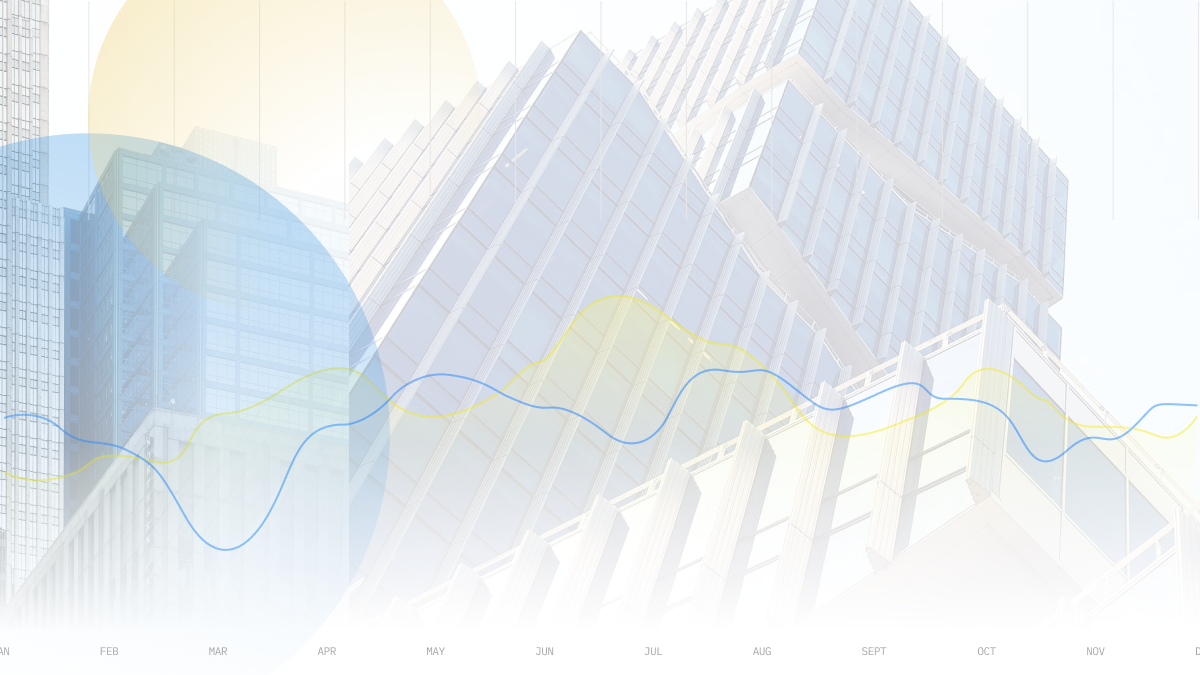




Philippines Trade Update: Imports weaken on tepid demand
 DOWNLOAD
DOWNLOAD

Policy Rate Updates: BSP outlook — cloudy with a chance of rate cut
 DOWNLOAD
DOWNLOAD

January Economic Update: Growth slows, prices rise
 DOWNLOAD
DOWNLOAD



UPDATE 2-Philippines economy on recovery path, but policy seen remaining loose
Recasts, adds analyst comments
By Neil Jerome Morales and Karen Lema
MANILA, Jan 27 (Reuters) – The Philippine economy expanded more quickly than expected in 2021, and looks set to accelerate further this year, but the impact of a resurgence in COVID-19 cases suggests the central bank is unlikely to start withdrawing policy support for now.
The Southeast Asian country’s gross domestic product PHGDP=ECI rose 7.7% in the December quarter from a year earlier, faster than a 6.9% expansion in the previous quarter, and beating a 6.0% forecast in a Reuters poll.
Robust consumer spending ahead of the Christmas holidays helped bring full-year GDP growth to 5.6%, exceeding the government’s 5.0%-5.5% target and after a record 9.6% contraction in 2020 driven by prolonged COVID-19 lockdowns.
“The door to economic recovery is now fully open,” Socioeconomic Planning Secretary Karl Kendrick Chua told a briefing, as he predicted growth would accelerate this year. “We are on the correct path to a resilient recovery.”
Household consumption, the biggest contributor to growth, rose 7.5% in the fourth quarter from a year ago, up from a 7.1% increase in the third quarter, as mobility curbs were eased.
But Chua said the economy still faces risks particularly from any new COVID-19 variants that may emerge and from inflation pressures driven by higher prices of oil and some food items.
The government has reimposed coronavirus curbs in the capital region and a number of provinces since the start of the year due to a resurgence in infections driven by the more transmissible Omicron variant.
“While an Omicron wave means the economy’s continued strong performance in Q4 is unlikely to be repeated this quarter, we think growth will pick up again before long,” said Alex Holmes, an economist at Capital Economics.
The Philippine economy will, however, remain in catch-up mode this year, making it necessary for monetary policy to remain loose, he added.
The Philippine central bank, which has kept its key rate PHCBIR=ECI at a record low of 2.0% since November 2020, has vowed to prioritize economic recovery, indicating it will not raise interest rates any time soon despite the threat of tightening in the Unites States and elsewhere.
The Philippines is aiming to achieve GDP growth rates of 7.0%-9.0% for 2022 and 6.0%-7.0% for both 2023 and 2024, banking on an accelerated vaccination drive to allow the economy to reopen further. nL1N2SZ0LP
While the economy may hit a speed bump in the first quarter, “growth dynamics suggest that a decent recovery is still possible” this year, said ING economist Nicholas Mapa, who pointed to a spending boost from presidential elections slated for May and sees the central bank preparing for a potential policy reversal by the second quarter.
(Writing by Enrico Dela Cruz
Editing by Ed Davies)
This article originally appeared on reuters.com





 By Reuters
By Reuters